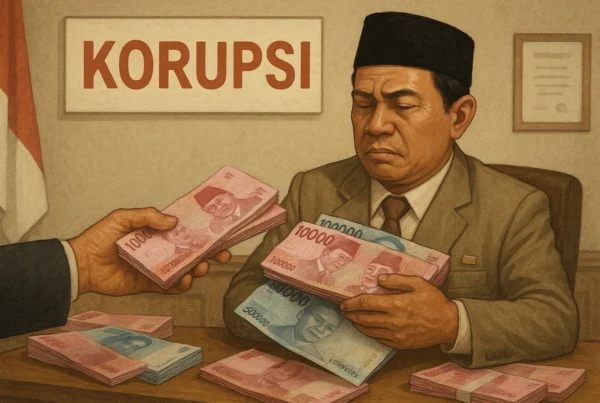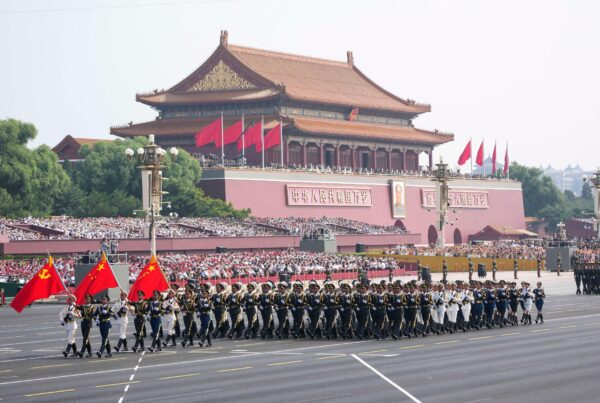South Korean Foreign Minister Cho Hyun began his official visit to Beijing on September 17–18, 2025. His meeting with Chinese Foreign Minister Wang Yi became a central focus in strengthening bilateral relations and addressing strategic issues in Northeast Asia. The agenda gained significance as it came amid escalating global geopolitical tensions and ahead of the upcoming APEC Summit in Gyeongju at the end of October.
The visit marked Cho Hyun’s first major diplomatic mission since assuming office in July. He carried President Lee Jae Myung’s mandate to repair and rebalance Seoul’s ties with Beijing. South Korea emphasized that China remains a vital strategic neighbor to engage with despite past tensions over security and trade policy.
Focus on the APEC Summit and Xi Jinping’s Visit
One of the main topics was the planned attendance of President Xi Jinping at the APEC Summit, scheduled for October 31 to November 1, 2025, in Gyeongju. The South Korean government hopes that Xi will not only attend the multilateral forum but also conduct a state visit that could mark a new chapter in bilateral cooperation. A similar invitation was extended to U.S. President Donald Trump, making this year’s APEC Summit a highly anticipated stage for regional dynamics.
The presence of both superpower leaders in South Korea presents both opportunities and challenges. Seoul aims to act as a neutral host while firmly safeguarding national interests. Xi’s attendance is also expected to bring positive signals for economic cooperation, especially after South Korea launched a visa-free policy for Chinese tourists starting in late September 2025 to boost its tourism sector.
North Korea and China’s Role
Another critical agenda item was North Korea. Cho Hyun planned to seek Beijing’s support in pushing Pyongyang back to dialogue over its nuclear program. The visit came shortly after Kim Jong Un traveled to Beijing to attend the Victory Day commemorations and held talks with Xi Jinping. That meeting symbolized close ties between Pyongyang and Beijing, which could significantly influence regional diplomacy.
Seoul recognizes that without China’s active involvement, opportunities to ease tensions with Pyongyang remain limited. This is why Cho Hyun’s trip to China was considered essential in testing how far Beijing is willing to act as a mediator. A successful outcome could set the stage for renewed efforts to reduce nuclear escalation on the Korean Peninsula.
Strategic Cooperation and Maritime Issues
Beyond APEC and North Korea, Cho Hyun also aimed to expand broader strategic cooperation. This included economic diplomacy, technology collaboration, and maritime disputes that often create friction. South Korea has previously described China’s construction of military structures within its exclusive economic zone as undesirable. Seoul is expected to demand clarification from Beijing on the issue while emphasizing the need for stability in the East China Sea.
Economic ties also remain a priority, given the interdependence of both nations in global supply chains. The South Korean government seeks to balance carefully amid U.S.–China rivalry, making Cho Hyun’s talks with Wang Yi crucial in charting the future of cooperation.
The visit attracted wide international media attention. Reuters highlighted that the APEC Summit in Gyeongju could become a turning point in regional diplomacy, while Modern Diplomacy stressed that the maritime issue could pose a serious test for Seoul–Beijing relations. Against a complex geopolitical backdrop, any outcome from this visit could have significant implications for the region.
The South Korean foreign minister’s visit to Beijing was far from routine. It was a strategic move covering multiple dimensions, from preparing for APEC to advancing diplomacy on North Korea. Seoul positioned Beijing as both a key partner and a decisive factor in regional stability. The results of this dialogue will shape South Korea’s role in an increasingly dynamic global order. For readers seeking deeper insights into East Asia’s shifting landscape, continue with related articles on Olam News about North Korea’s relations with China.




